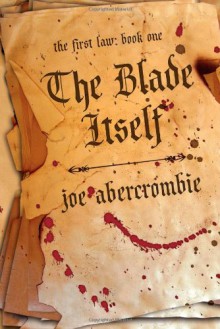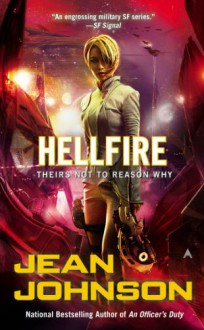
Post-American Civil War "inspirational" romance novel set on a Plantation in 'Dixie' isn't a thing I'd normally read. But see, I have this friend who recommended Tavia Gilbert as an audiobook narrator and I wanted to read a stand-alone book before committing to an "impossible to keep up with the reading order" series.
You can thank Tavia Gilbert for the second star, because without her voice and narration I wouldn't have finished this book.
Olivia is a destitute widow of a traitor and Ridley is a traitor soldier for the North looking for a new start. He's determined to learn horse-mastery from a black man he met during the war and she's relying on nepotism for her new start. Of course nothing goes as planned, but I did like the parallels of Ridley learning to handle a skittish mare and gaining the animal's trust just as he had to earn Olivia's trust.
The thing is, the setting is inherently racist, but the story didn't have to be. Alexander could've shown just how ugly and difficult it was for everyone to adjust to the end of slavery, but instead she tiptoes around the issue. Sure there are overtly racist characters who are frowned upon but mostly tolerated and there's actual violence, but that too is sanitised.
The black characters, freed slaves, have returned willingly to work on the Belle Meade Plantation. Apparently all of them since no one is mentioned missing or departed. Suspending my disbelief on that and accepting that the loyal servants stayed for whatever unmentioned reasons, they seemingly have no life outside serving their white betters and worshipping in their church. All the delightful characters I wanted to know more about existed only to share their wisdom with the white protagonists on their way to enlightenment and God. And yet, somehow, Alexander finds a way to add depth and complexity to her secondary white characters...
Then there was the owner of Belle Meade Plantation, General Harding. A Confederate soldier who refused to cut his beard until the South won the war. Spoiler: His beard remains uncut at the end of the book. He continually idealises the South, but is never forced to admit that he wants to reinstitute slavery. He agrees to pay his black workers the same wage as their white counterparts when someone suggests it him but at the same time voices his opinion that the black race is only fit for manual labour. He respects Robert Green, his head hostler, a black man and former slave, but doesn't even think about promoting him to the position of a foreman.
And for all this he is venerated. Harding is respected by the main protagonists who both come to see black people as people instead of cattle to be auctioned. General Harding is so respected by the romantic hero of this book that Ridley Cooper cannot leave Harding's employ without revealing his secret about fighting for the North and against the South and in doing so Ridley risks losing the extra pay he earned for himself. No, Ridley chooses to let General Harding decide whether or not Ridley should keep the money.
The underlying theme in this book is getting the Belle Meade Plantation, and by extension the South, back on its financial legs. It's just a little difficult to see under all that inspirational frosting.

 Log in with Facebook
Log in with Facebook 









